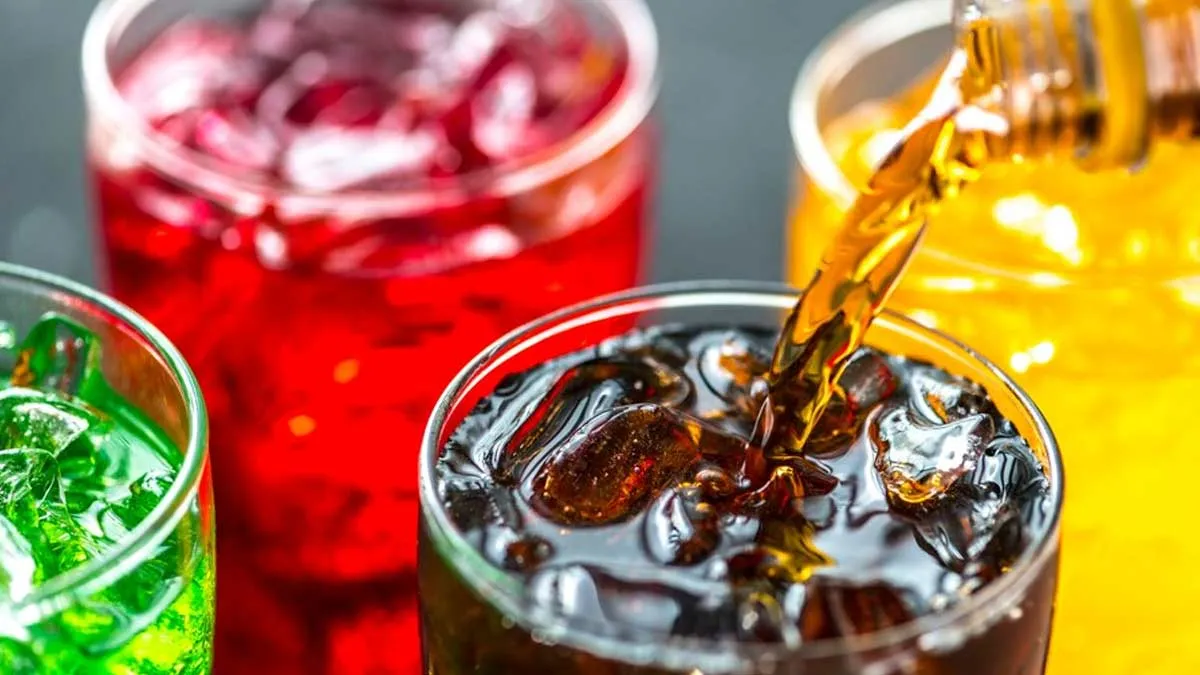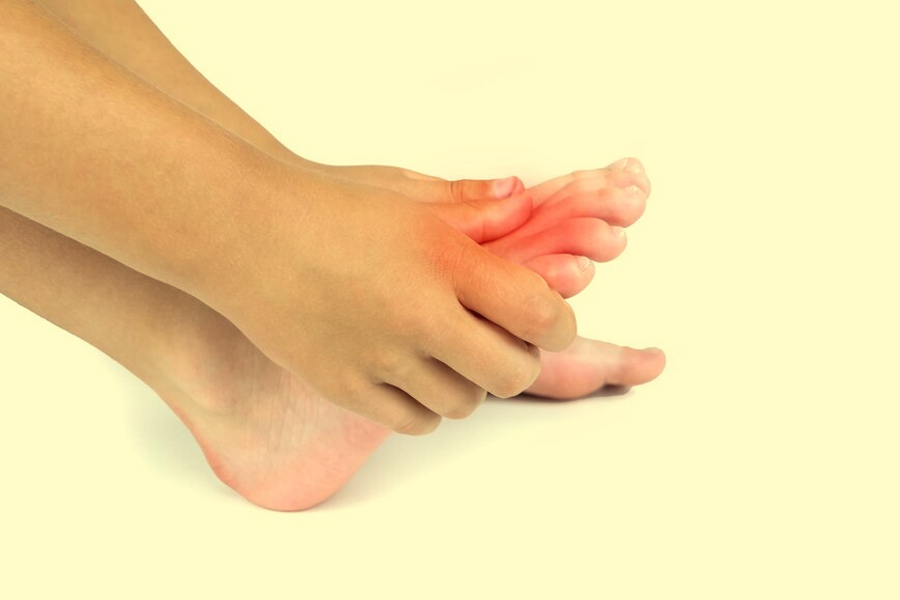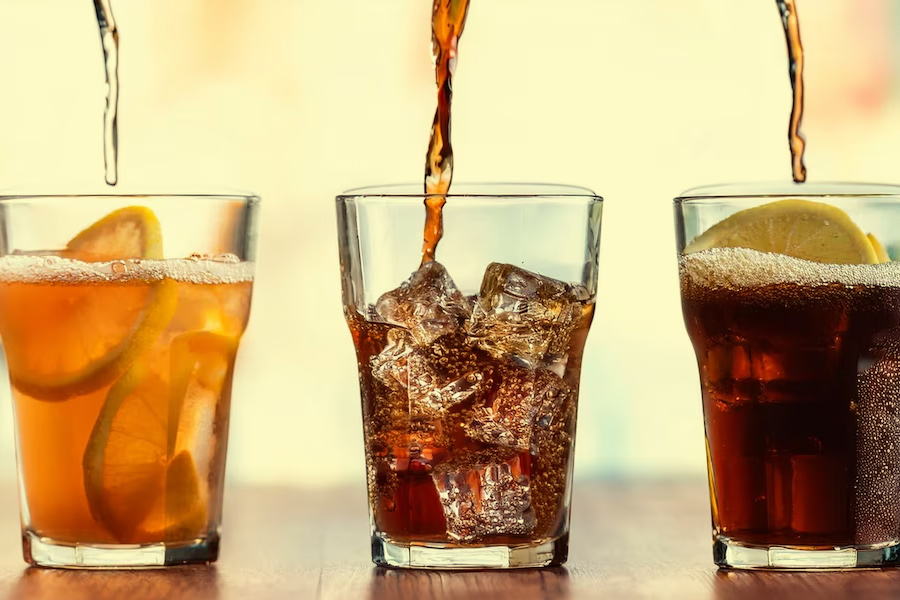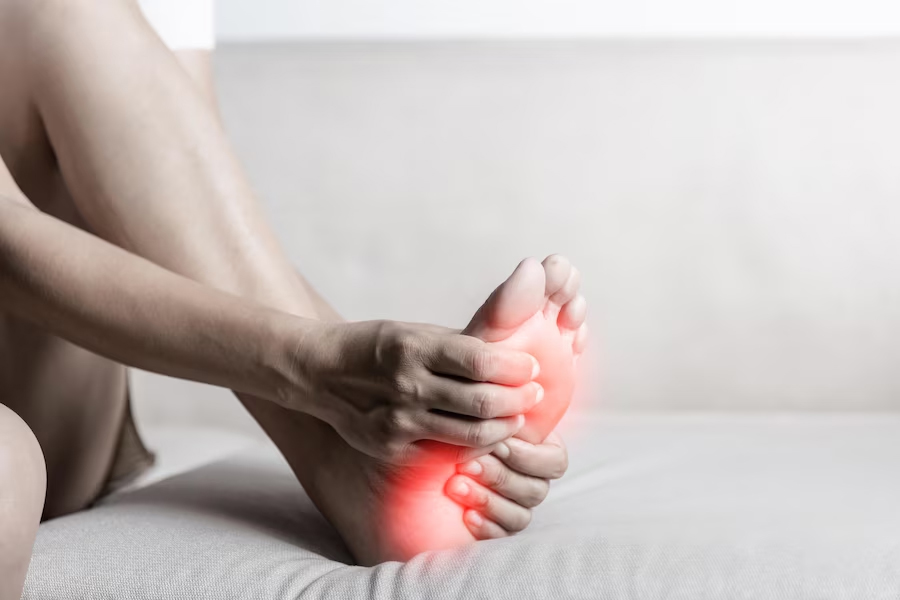
Gout, also popularly known as the disease of the kings and king of diseases, is a type of arthritis that indicates excess uric acid in your body. These uric acids crystallise and collect in the joints, causing pain, inflammation, swelling, and other distressing symptoms.
Table of Content:-
Gout usually occurs due to unhealthy choices of foods and beverages, particularly those that are high in purines. Purines are found in high-protein foods, like animal products, and in some drinks. It is one of the reasons why it was referred to as the "disease of the kings." This was because historically the condition developed mostly in the high-ranking officials and the wealthy as they consumed rich foods like meat and alcohol. In this article, not only will we discuss what gout is, but we will also look at the common drinks that can increase your risk of gout and also worsen your symptoms if you already have the condition.
Also Read: Experiencing Joint Pain In Your Big Toe: Here's What May Be Causing It
What Is Gout?

Gout is the most common type of inflammatory arthritis, characterised by sudden pain, swelling, and redness in one or more joints. It occurs when high levels of uric acid crystallise in the body, accumulating in the joints, leading to intense pain and inflammation.
One of the most common causes or triggers of gout includes purine-rich foods, such as red meat and organ meats, such as liver. It is important to note that certain beverages and drinks can also cause a gout attack.
While dietary habits can increase your risk of gout, there are other factors that put you at risk. According to the Arthritis Foundation, men are three times more likely than women to develop gout. This is particularly the case with men above the age of 40. Women also become more prone after menopause as the oestrogen levels drop.
Drinks That Can Increase Gout Risk
Alcohol
Alcohol contains harmful substances that speed up the breakdown of purines, which are organic compounds that increase the production of uric acid. Additionally, alcohol also prevents the kidneys from flushing uric acid out from the body, which leads to its accumulation in blood and joints, causing an attack. As per a studypublished in the American Journal of Medicine, all types of alcohol—beer, wine, and liquor—can increase the risk of recurrent gout attacks, even with moderate consumption.
Sweetened beverages

Sugar-sweetened drinks, like soft drinks, are rich in fructose, which is broken down into purines in the body. This can again lead to a buildup of uric acid, which can crystallise, collect in the joints, and increase a person's risk of developing gout. A BMJ study published in 2008 found that men consuming two or more soft drinks daily had an 85% higher risk of having a gout attack, while high fructose intake doubled the risk.
Also Read: Gout Prevention: How To Naturally Lower Uric Acid Levels In The Body
Fruit juices
Fruit juices are naturally sweetened and are usually considered safe to consume. However, they too can increase your risk of developing gout. This is because certain fruit juices, like orange juice, have high amounts of fructose, which can be broken down and converted to purines.
Energy drinks
Energy drinks are a controversial product. Although manufacturers claim that they boost energy and increase performance, a growing body of evidence suggests that they can have harmful effects on health, both physical and mental.
According to the US Centers for Disease Control and Prevention (CDC), an energy drink contains high amounts of caffeine, added sugars, other additives, and legal stimulants (guarana, taurine, and L-carnitine). While these components may give an energy boost, there are potential dangers.
The CDC reports, "In 2011, 1,499 adolescents aged 12–17 years went to the emergency room for an energy-drink–related emergency.
Some of the dangers of energy drinks include:
- Dehydration
- Heart complications
- Anxiety
- Insomnia
The sugar content in energy drinks is also what can increase a person's risk of gout. These drinks contain high amounts of fructose that can break down into purines, which can increase uric acid levels.
Dietary Changes To Manage Gout Symptoms And Reduce Your Risk

To reduce the risk of gout, here are the dietary changes to make:
- Eat more fruits and vegetables.
- Eat lean proteins, low-fat dairy, and lentils.
- Avoid high-purine foods like organ meats, red meats, certain seafood, and high-fat foods.
- Eat cherries as they have antioxidant and anti-inflammatory properties that may help lower the risk of gout attacks.
- Drink plenty of fluids and avoid exceeding recommended alcohol intake.
- Avoid sugary drinks like soda, fruit drinks, and coffee and tea drinks.
- Avoid medications that raise uric acid levels, including diuretics, drugs that suppress the immune system, and low-dose aspirin.
Conclusion
With different types of foods available in the market, even those that are rich in purine, and increased accessibility, gout is no longer just the "disease of the kings." Anyone can develop it in today's time, and the only thing that can reduce the risk or lessen the impact is healthy dietary choices. It is crucial that people not only choose foods low in purine but also avoid beverages that are high in sugar. If you need more information about gout and the type of diet you should follow to prevent it, consult a doctor or a healthcare provider.
[Disclaimer: This article is for informational purposes only. Hence, we advise you to consult your professional if you are dealing with any health issues to avoid complications.]
Also watch this video
How we keep this article up to date:
We work with experts and keep a close eye on the latest in health and wellness. Whenever there is a new research or helpful information, we update our articles with accurate and useful advice.
Current Version